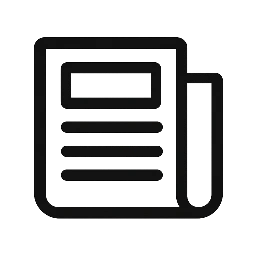The Ultimate Guide to Brick Production Line: Efficiency, Technology, and Best Practices
Modern construction relies heavily on automated manufacturing processes, and the brick production line stands at the forefront of this industrial evolution. These sophisticated systems have transformed how we produce building materials, ensuring consistent quality, superior efficiency, and remarkable cost-effectiveness for large-scale projects. This guide will explore the core components and operational best practices that define a high-performance brick manufacturing plant.
Detailed Functionality and Process
A comprehensive brick production line integrates several key stages to transform raw materials into finished bricks. The process typically begins with raw material preparation, where clay or other aggregates are crushed, screened, and mixed with water to achieve the perfect consistency. This mixture is then conveyed to a molding machine, which shapes the bricks under high pressure.
Automated Curing and Drying Systems
After molding, the green bricks move through an automated curing system. Modern lines often utilize advanced drying chambers or solar-powered systems to reduce moisture content uniformly, significantly enhancing the final product’s strength and durability. This stage is critical for minimizing cracks and ensuring dimensional stability.
Frequently Asked Questions
What is the average output of a standard brick production line?
A fully automated plant can produce between 10,000 to 100,000 bricks per day, depending on the model and level of automation. High-capacity systems with robotic pallet handling achieve the upper end of this range.
How does technology improve efficiency?
Integration of PLC control systems and IoT sensors allows for real-time monitoring of pressure, temperature, and humidity. This data-driven approach optimizes the entire manufacturing workflow, reduces energy consumption, and minimizes human error.
Optimizing Your Production Workflow
To maximize your return on investment, consider implementing regular maintenance schedules and operator training programs. Adopting energy-efficient technologies not only lowers operational costs but also aligns with sustainable construction practices, a key factor for modern buyers seeking eco-friendly building materials.
Ready to upgrade your manufacturing capabilities? Explore our advanced brick manufacturing solutions today to discover how our cutting-edge technology can revolutionize your output quality and profitability.

Leave a Reply